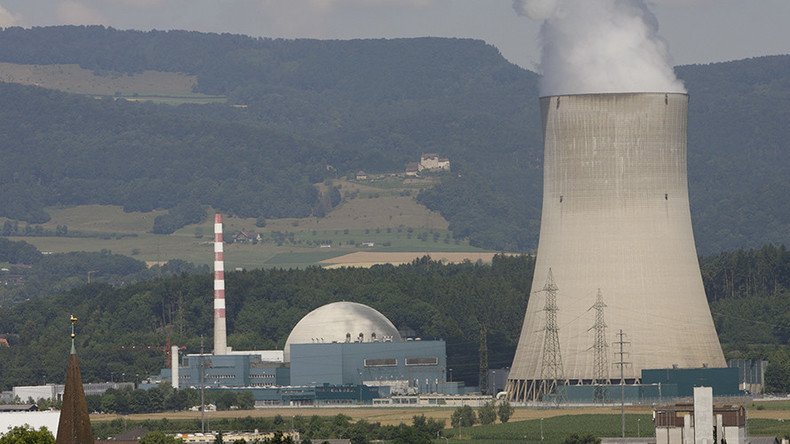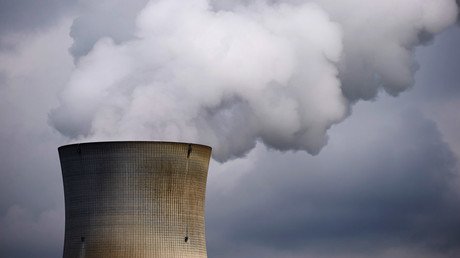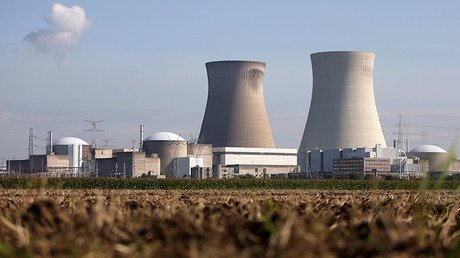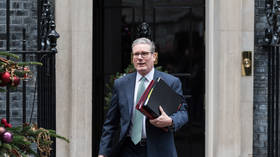Swiss endorse gradual nuclear phase-out – preliminary referendum results

Most Swiss citizens have voted in favor of a new energy law that would envisage a ban on building new nuclear power plants, a gradual switch to renewable energy sources and reduced energy consumption, preliminary results show.
The revision of the Swiss Energy Act was supported by more than 58 percent of the Swiss people as well as by 22 out of 26 cantons, according to the official preliminary results. Only four German-speaking central cantons voted against it, including the canton of Aargau, where three of five currently operational nuclear reactors are located.
The measure was most actively supported by the western Swiss cantons, including the canton of Geneva, where more than 70 percent of local residents voted in favor of the new legislation.
Following its approval, the new law is expected to come into force in early 2018. According to the Swiss government website, it is aimed at reducing energy consumption, increasing energy efficiency and promoting renewable energies such as water, solar, wind and geothermal power, as well as biomass fuels.
Under the law, Switzerland plans to cut its energy consumption almost by half by 2035 as compared to levels seen in 2000 and introduce stricter regulations for vehicle CO2 emissions.
The new legislation also prohibits the construction of any new nuclear power plants on Swiss territory. However, it does not envisage immediate decommissioning of the existing nuclear power reactors, instead allowing them to operate as long as they are deemed safe.
Switzerland’s nuclear stations have open-ended operating licenses, so there is no clear date indicating when they are to be shut down. Each year, the Swiss Federal Nuclear Safety Inspectorate (ENSI) measures the radioactivity of liquid waste coming out of Switzerland’s nuclear reactors.
The new law also includes providing temporary financial assistance to existing hydropower plants to help them cover their expenses in the view of the low energy market prices. The government program, also known as Energy Strategy 2050, will be implemented in phases, the government says.
The plan earlier received backing of the Swiss Federal Council and Parliament, which both called on citizens to support it. However, the right-wing populist Swiss People's Party (SVP), which has the largest faction in the parliament, opposed the strategy, arguing that it would be too expensive and would threaten Switzerland’s energy supply.
The SVP requested the referendum and actively campaigned against the new legislation. "I am very worried about the future," SVP MP Celine Amaudruz told RTS broadcaster, reacting to the preliminary referendum results.
The outcome of the referendum was praised by the Swiss Green Party. "This is a historic day for the country," Green Party MP Adele Thorens Goumaz told RTS, adding: “Switzerland will finally enter the 21st century when it comes to energy.”
Switzerland raised the issue of the switch to renewable energy sources and a gradual withdrawal from the nuclear energy program following the Fukushima nuclear disaster in March 2011. However, an earlier initiative envisaging a gradual shutdown the country’s five nuclear reactors by 2030 was rejected by Swiss voters in November 2016.
Switzerland’s five nuclear power stations currently produce around 35 percent of its electricity.














